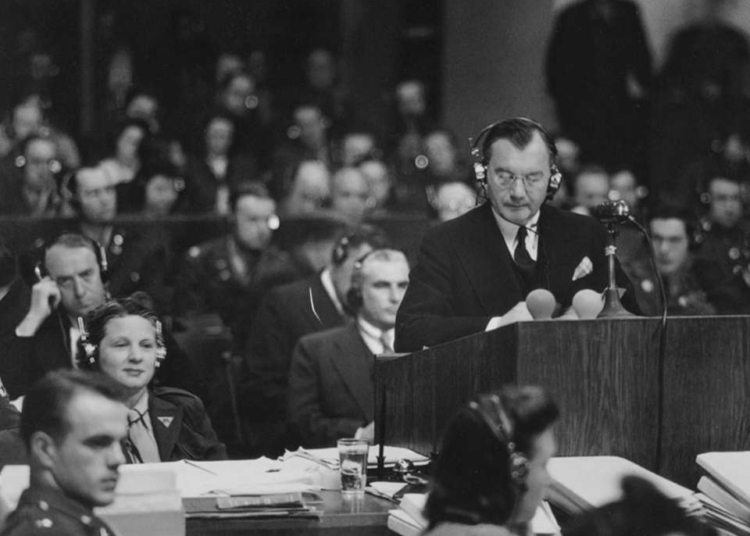The Nuremberg Trials were a pivotal moment in history, where Nazi leaders were held accountable for their heinous crimes during World War II. The trials, conducted by an International Military Tribunal, resulted in several defendants being found guilty of crimes against peace, war crimes, and crimes against humanity. The verdicts established the principle that individuals, regardless of their rank or position, can be held responsible for atrocities committed during times of war. The legacy of the Nuremberg Trials lives on in the establishment of the International Criminal Court, which continues to prosecute individuals for similar crimes today. These trials serve as a reminder of the importance of upholding human rights and the rule of law, even in the most challenging of circumstances.
The Nuremberg Trials: Holding Nazi Leaders Accountable for War Crimes and Crimes Against Humanity
Introduction
The Nuremberg Trials were a series of military tribunals that took place in Nuremberg, Germany after World War II. The trials were held to hold Nazi leaders accountable for their roles in orchestrating and carrying out war crimes and crimes against humanity during the war.
Background
During World War II, the Nazi regime under Adolf Hitler committed numerous atrocities, including the Holocaust, in which six million Jews were systematically murdered. The Allies, which included the United States, Great Britain, the Soviet Union, and France, made a decision to hold the perpetrators of these crimes accountable through a series of trials.
The Trials
The Nuremberg Trials began on November 20, 1945 and lasted until October 1, 1946. The trials were conducted by an International Military Tribunal, which included judges from the four Allied powers. The defendants included top Nazi officials such as Hermann Göring, Rudolf Hess, and Joachim von Ribbentrop.
Charges
The defendants were charged with crimes against peace, war crimes, and crimes against humanity. Crimes against peace included planning and waging wars of aggression, war crimes included atrocities committed against civilians and prisoners of war, and crimes against humanity included genocide and other acts of mass violence.
Verdicts
Several of the defendants were found guilty and sentenced to death, including Göring, who committed suicide before he could be executed. Others were sentenced to lengthy prison terms. The trials set a precedent for holding individuals accountable for their actions during times of war.
Legacy
The Nuremberg Trials had a lasting impact on international law and justice. They established the principle that individuals can be held accountable for war crimes and crimes against humanity, regardless of their rank or position. The trials also laid the foundation for the creation of the International Criminal Court, which prosecutes individuals for similar crimes today.
Conclusion
The Nuremberg Trials were a landmark moment in the history of justice and accountability. By holding Nazi leaders responsible for their actions, the trials sent a clear message that atrocities committed during wartime will not go unpunished. The trials serve as a reminder of the importance of upholding human rights and the rule of law, even in the most challenging of circumstances.













